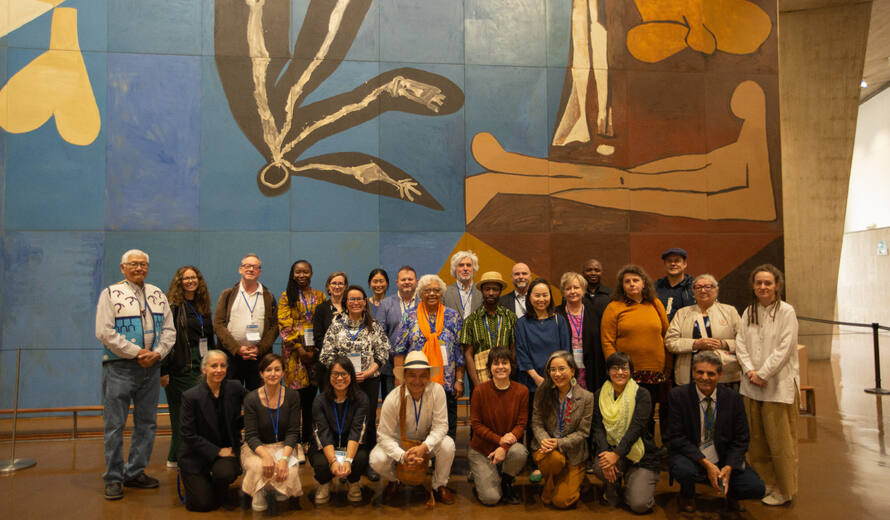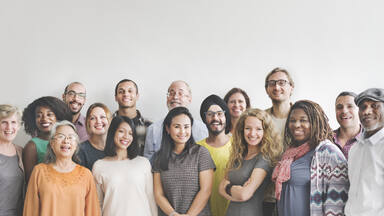A major step forward for the participation of Indigenous Peoples in the future of World Heritage
From 26 to 28 May 2025, a landmark workshop was held at UNESCO Headquarters to reshape the engagement of Indigenous Peoples within the framework of the World Heritage Convention.
Co-designed and co-led by the International Indigenous Peoples’ Forum on World Heritage (IIPFWH), together with the UNESCO World Heritage Centre and the Advisory Bodies to the World Heritage Committee – ICCROM, ICOMOS and IUCN – the workshop marked a strategic turning point in advancing inclusive, rights-based approaches to World Heritage conservation.
The initiative stemmed from a shared recognition: that the safeguarding of heritage cannot be fully realized without the meaningful participation of Indigenous Peoples and the effective application of Free, Prior and Informed Consent (FPIC) – a principle that UNESCO has been actively promoting. More than a capacity-building effort, the workshop was a step towards fostering trust and establishing a foundation for reinforced collaboration between Indigenous knowledge holders and the institutions guiding the World Heritage system.
Over three days, participants engaged in open dialogue and peer learning, deepening mutual understanding of roles, responsibilities and working methods. Discussions centred on three strategic priorities: strengthening Indigenous participation in World Heritage processes; embedding FPIC into evaluation and monitoring frameworks; and jointly developing an action plan to guide future cooperation.
This milestone effort – made possible through the generous and long-standing support of the Governments of Australia and Canada – builds on the momentum of a growing global dialogue. It follows key international gatherings, including the expert workshop in Geneva and the New Delhi Dialogue in 2024, as well as discussions held around the 46th session of the World Heritage Committee (New Delhi, 2024).
As the World Heritage system continues to evolve, the lessons, partnerships and mutual commitments forged during this workshop will inform practice across the World Heritage system. They pave the way for a more inclusive and equitable future where Indigenous Peoples are heard and recognized as full partners and rights-holders in the governance of the world’s shared heritage.

